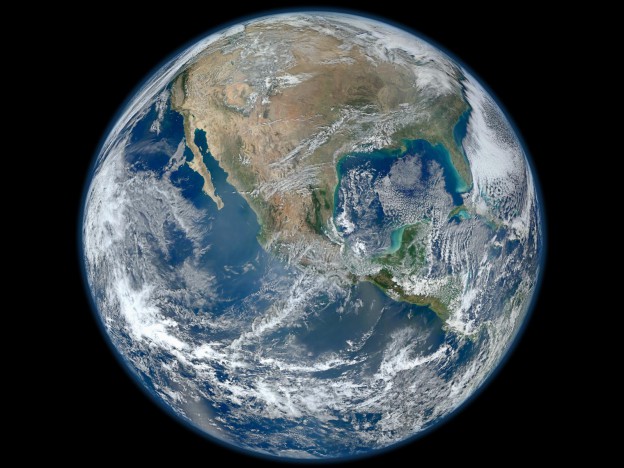The Fourth National Climate Assessment, wherein the NCA (National Climate Assessment) observes the sciences and variables of climate change, as well as its effect on America, has uncovered some startling revelations regarding recent research. Their studies are supported by evidence from over 16 national topic chapters, 10 regional, and 2 chapters which focus on societal aspects of climate change, like mitigation and adaptation. Their findings range from future climate change to the associated impact on humanity as a whole.
Community Impact
Clime change has already begun to affect communities all over the United States. Increasingly dramatic and unusual weather patterns loom over the country, while extreme changes in climate condition damage the infrastructure, and ecosystems that communities directly depend on to sustain adequate health and happiness. In particular, lower-income families and other marginalized groups are especially susceptible to the effects of climate change, lacking the means of preparation and adaptation other households are capable of procuring. Actions to promote adaptation within more vulnerable communities is among the highest priorities for climate change activists and scientists across the nation.
Economic Damages
The United States economy is projected to suffer greatly in the wake of drastic climate change. As global temperatures increase and sea levels rise, American infrastructure and property are expected to dwindle. In fact, we can already see proof of this happening in California. Amid growing and spreading wildfires, Californians are losing their homes and money to the side-effects of global warming and climate change. Furthermore, people, who are preoccupied with survival, are far less likely to contribute to businesses and economies when all of their money is spent on adapting to extreme changes in ecosystem and climate.
Health Concerns
The world’s supply of food, water, and other resources are at a huge risk. Extreme weather and climate change negatively affect the quality of the air we breathe. In addition to contaminated oxygen, diseases are more likely to be transmitted from insects and pests, therefore increasing the risk of contaminating food and water.
While the Fourth National Climate Assessment poses some daunting challenges for the population of the United States, prevention, adaptation, and life are still possible. The assessment considers mitigating the amount of greenhouse gas emissions and other global action reduce long-term climate-related risks.



